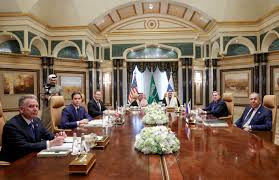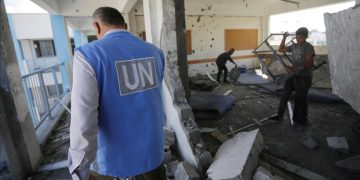The International Monetary Fund’s (IMF) recommendations for restructuring tobacco taxation in Pakistan have garnered health activists’ support.
During an event titled Fuelling Economic Growth through Increased Tobacco Taxation, an activist urged government to transition to a single-tier tobacco taxation system while eliminating the second-tier.
Organised by the Society for the Protection of the Rights of the Child (SPARC), the interactive session was held in Islamabad with Campaign for Tobacco Free Kids (CTFK) Country Head, Malik Imran Ahmed, highlighting the alignment between the global lender’s recommendations and ongoing discussions with Pakistan.
At the session, the strategic move was deemed essential not only for boosting revenue but also for relieving the healthcare cost burdens imposed by tobacco-related illnesses.
These discussions aim at tackling the nation’s fiscal and external sustainability weaknesses while fostering economic recovery and inclusive growth. A key component involves strengthening public finance through gradual fiscal consolidation, broadening the tax network, and improving tax administration to enhance debt sustainability.
Ahmed emphasised the urgent need to tie these objectives with tobacco taxation, stressing the imperative of reforming Pakistan’s cigarette taxation system.
He further underscored that revitalising Pakistan’s cigarette taxation system transcends mere fiscal considerations. It is a matter of urgent public health concern, he added.
Despite the substantial taxes imposed on cigarettes, Ahmed lamented that the revenue generated falls short of covering the healthcare costs incurred due to smoking-related illnesses.



















































